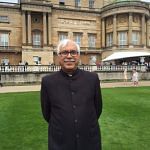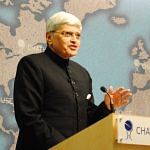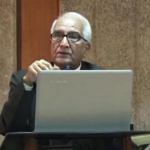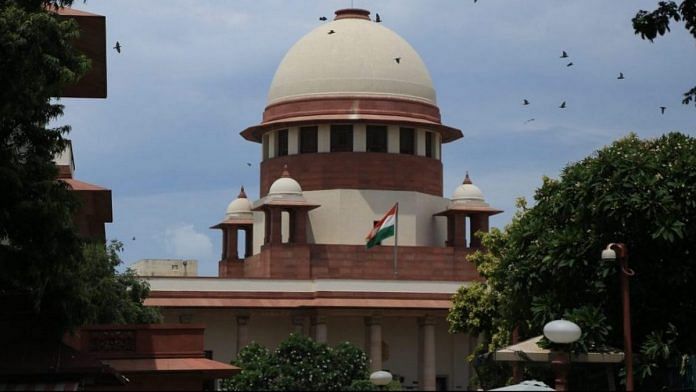With social distancing the norm and people getting used to life under lockdown, the justice system is also not exempt from this change. Justice Lokur argues, “Social distancing is here to stay, and it will profoundly change the way in which justice is delivered.” He recommends three kinds of court in these times: first, where “judges, lawyers and litigants are physically present. Second, online courts where the judge is physically present in the courtroom but the lawyer or litigant is not. Third, virtual courts where there is no judge, lawyer or litigant and a computer takes a decision based on the inputs of the litigant.”
 Conducting elections during a pandemic
Conducting elections during a pandemic
S.Y. Qureshi | Former Chief Election Commissioner of India
The Hindu
Shiv Sena’s Uddhav Thackeray has been faced with one obstacle after another as Maharashtra’s chief minister. Thackeray had to be elected to the legislative assembly within six months of appointment but due to the lockdown, he was facing a constitutional crisis. On this, Qureshi argues, “The Election Commission could consider the measures that South Korea took to prepare a foolproof plan.”
In South Korea, which recently held elections, they had “Disinfected polling centres, and mandated that voters practise physical distancing, wear gloves and masks and use hand sanitiser, temperature checks at arrival booths”, those with a higher temperature were sent to a secluded area, quarantined voters voted post 6 pm and positive cases voted via mail. He recommends that the EC should look at similar options for Maharashtra.
 Recognise the centrality of states in defeating Covid-19
Recognise the centrality of states in defeating Covid-19
Gopalkrishna Gandhi | Former administrator, diplomat and governor
Hindustan Times
In light of how the chief ministers have been dealing with the coronavirus outbreak, Gandhi argues, “Federalism has been at work in the best sense. The states have worked with limited resources and within constraints.” Citing examples of Kerala, Tamil Nadu and Goa which have successfully contained the virus, he notes that the “work done with such financial and human resources as they have… can only be described as heroic.” On ensuring a safe post-lockdown world with clean water access, increasing the doctor-population ratio, and raising the status of nurses to front ranking players, “The Constitution asks India to feel its heart beating strong in the pulse of its states.”
 Make chemical safety policy a priority in India
Make chemical safety policy a priority in India
Tushar Kant Joshi | Member, CPCB and former adviser to WHO on chemical safety
Mint
On the Visakhapatnam gas leak incident Thursday, Joshi writes that we need to give importance to chemical safety to protect human health and the environment. As it is the world’s first mass exposure to Styrene gas, the cohort of affected subjects needs to be followed up and studied like was done in the aftermath of the Bhopal gas leak, he adds. Joshi also terms the incident as a “wake up call to implement National Plan on Chemical Safety and to initiate training of officers in Central Pollution Control Board(CPCB)”.
 COVID-19 has exposed pitfalls of Indian pharma’s over-dependence on Chinese API
COVID-19 has exposed pitfalls of Indian pharma’s over-dependence on Chinese API
Tanmay Thomas | Economics department, Purdue University
Financial Express
Thomas argues that India’s dependence on API (Active Pharmaceutical Ingredient) imports from China needs to be reviewed critically. India accounts for over 60 per cent of world supplies of HCQ, and has established manufacturing facilities. To capitalise on these growth opportunities, the pharmaceutical industry will require a resilient and technically dynamic manufacturing set-up that aligns with global standards, the author comments.
 Address the health and economic crises beyond Covid
Address the health and economic crises beyond Covid
Harsha Thirumurthy | Associate Professor, Medical Ethics and Health Policy, Perelman School of Medicine
The Hindu Business Line
Thirumurthy argues that the government needs to look beyond short-term relief and plan to tackle the health and economic crisis, given India’s size and population density. A three-month cash transfer stimulus is unlikely to be sufficient, he believes. Increasing the size and duration of cash transfers as well as highly-subsidised essential commodities to eligible beneficiaries needs to be done. India has high malnutrition rates and therefore, frequent tracking of health indicators to avert the risk of malnutrition is also needed.




